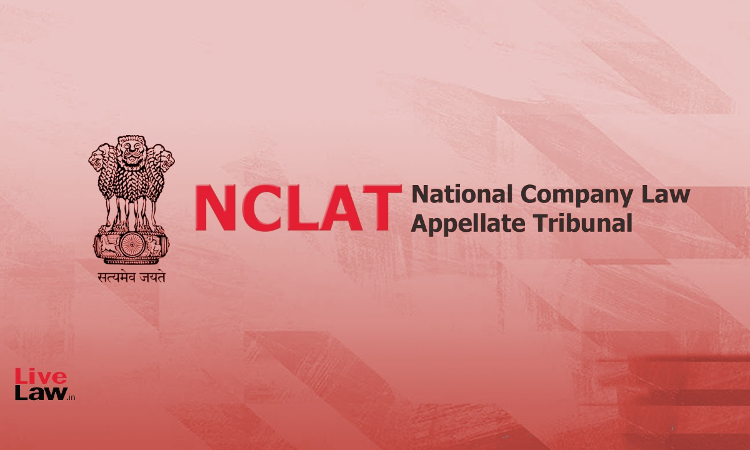NCLAT Declares Sale Agreement Not A Financial Debt, Dismisses Insolvency Petition
Tazeen Ahmed
11 Sept 2024 4:45 PM IST

Next Story
11 Sept 2024 4:45 PM IST
The NCLAT Principal Bench, New Delhi, comprising Justice Ashok Bhushan (Chairperson), Barun Mitra (Member, Technical), and Arun Baroka (Member, Technical), has held that a sale consideration in the sale agreement did not constitute a “financial debt” under Section 5(8) of the Insolvency and Bankruptcy Code, 2016 (IBC). Brief Facts: Gujarat State Financial...
